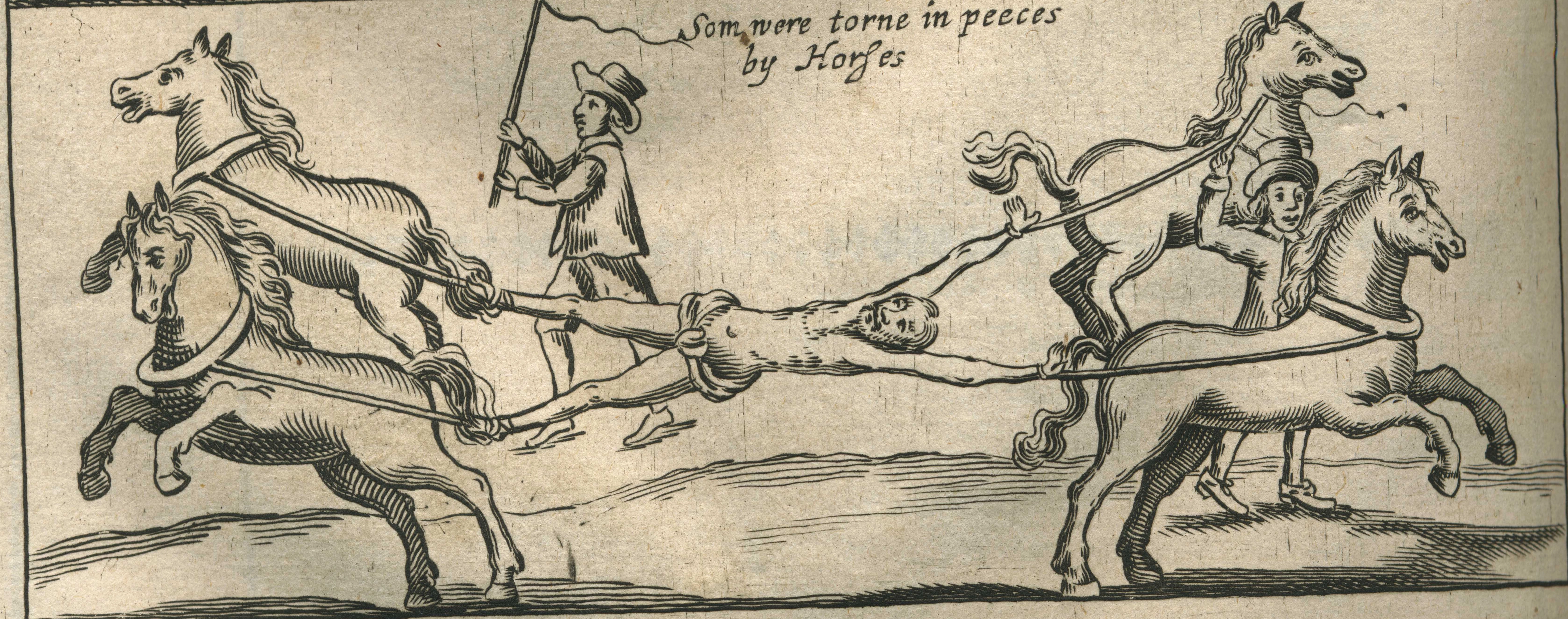Darren Freebury-Jones’s Shakespeare's borrowed feathers: How early modern playwrights shaped the world's greatest writer will hit the bookstores in October, and I don’t think there’s been such excitement over a forthcoming book on Shakespeare for a very long time.
Part of that excitement is due, no doubt, to Freebury-Jones’s sizeable digital footbrint. His podcasts, videos and social media posts have made him a familiar figure, and there are plenty of reviews already published online, even before the book itself becomes openly available.
But the other part of it - the part that really matters - is that he is onto something. Freebury-Jones’s forthcoming book is the latest contribution to the evolving field of digitally-driven Shakespeare authorship studies, the last major breakthrough in this field being the identification of Christopher Marlowe as co-author of Parts 1, 2 and 3 of Henry VI in 2016.
Mining the Collocations and Ngrams textual database of over 500 early modern plays, Freebury-Jones has identified collocations (distinctive word combinations or phrases occurring across texts) linking Shakespeare to a range of his contemporaries, from the well-known Thomas Kyd to the relatively obscure George Peele.
To hear Freebury-Jones discussing his work, just click here and take your pick of the numerous videos and podcasts that come up. I’ll include just one example - a video interview with my good friend and colleague Thomas Dabbs - which goes into more detail than most:
If you’re not really up to speed with the digital humanities, here’s a video I made a while ago using a different database to show how we can determine whether all the words and expressions attributed to Shakespeare were indeed coined by him or whether they were culled from other sources:
Not everyone is enamoured of these new approaches to Shakespeare and his contemporaries, but it’s hard to deny that the digital age has brought with it opportunities to explore early modern literature in ways that were previously not possible. Love them or hate them, the digital humanities are here to stay!


Comments